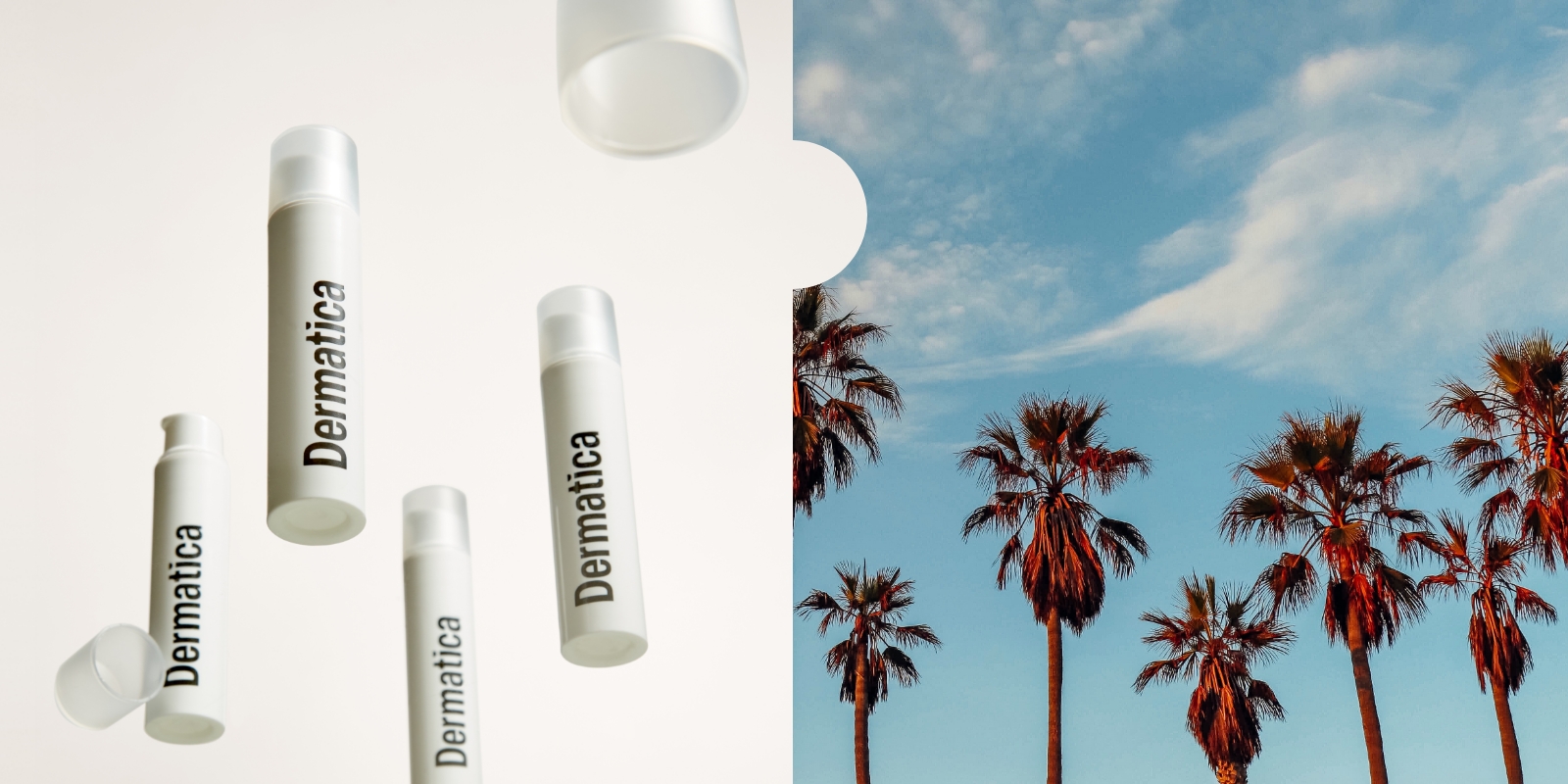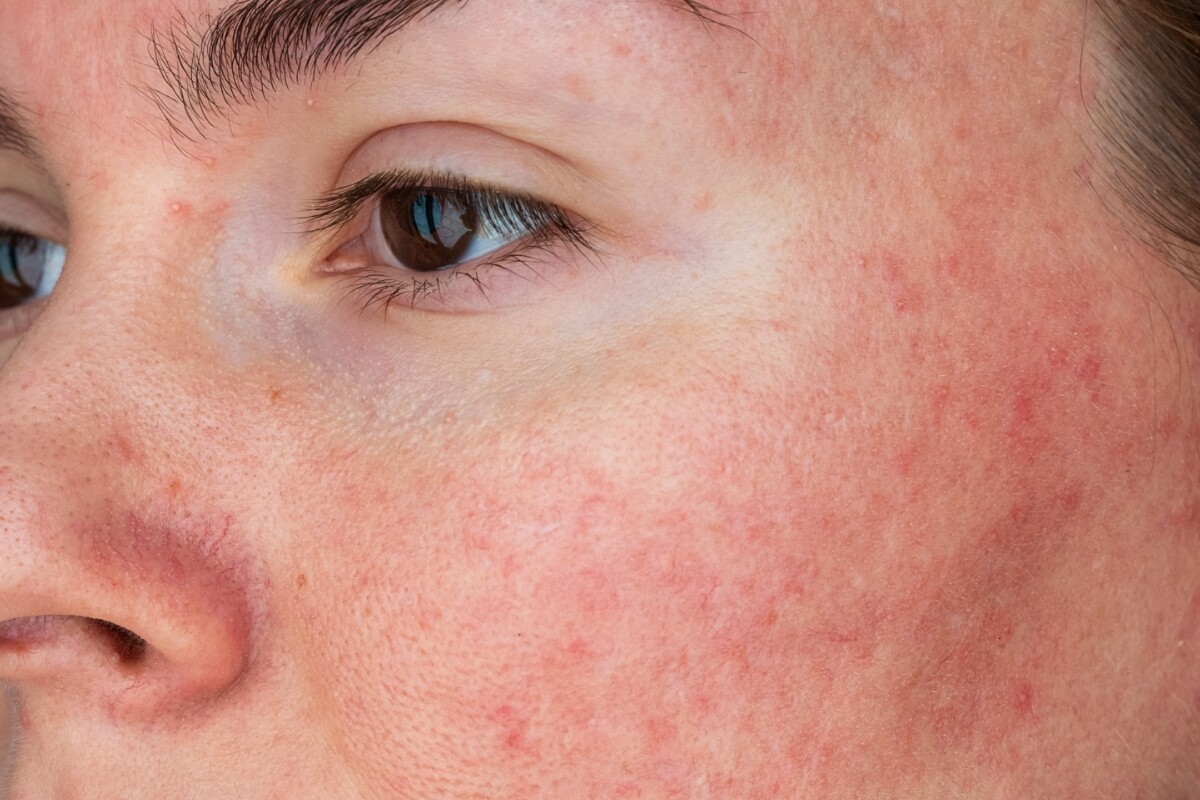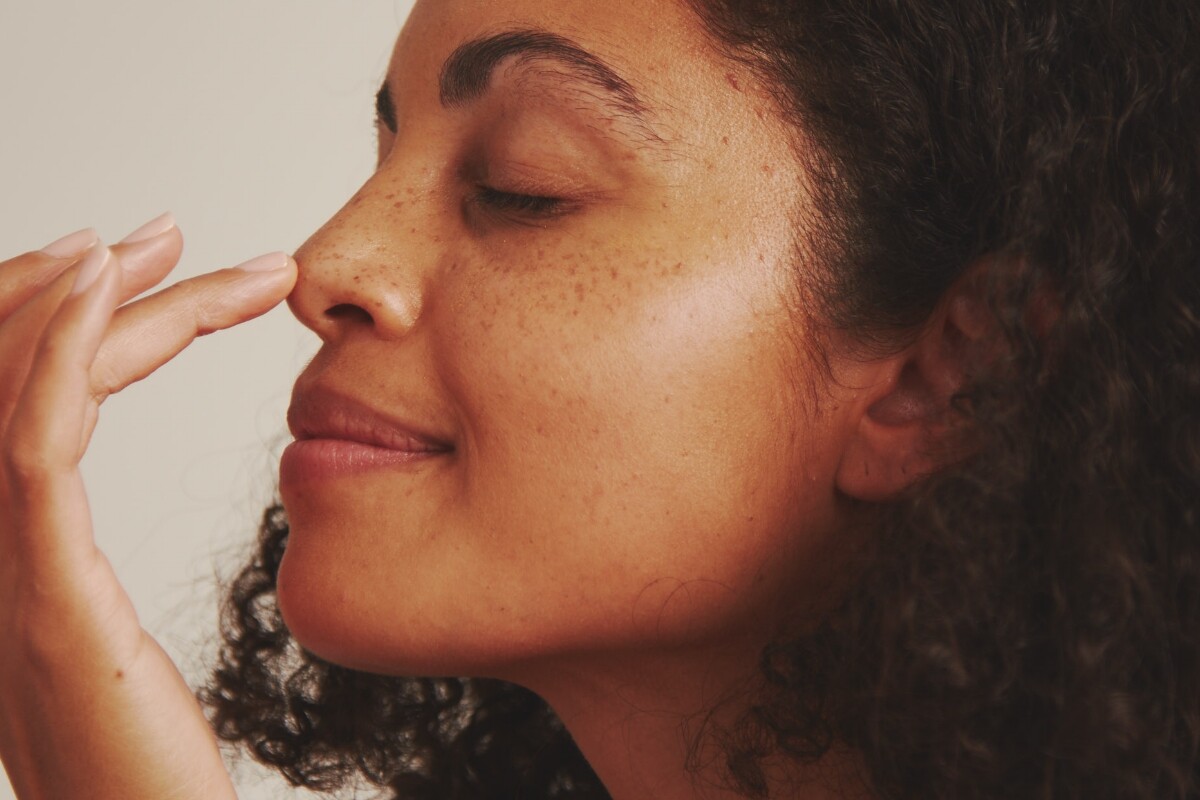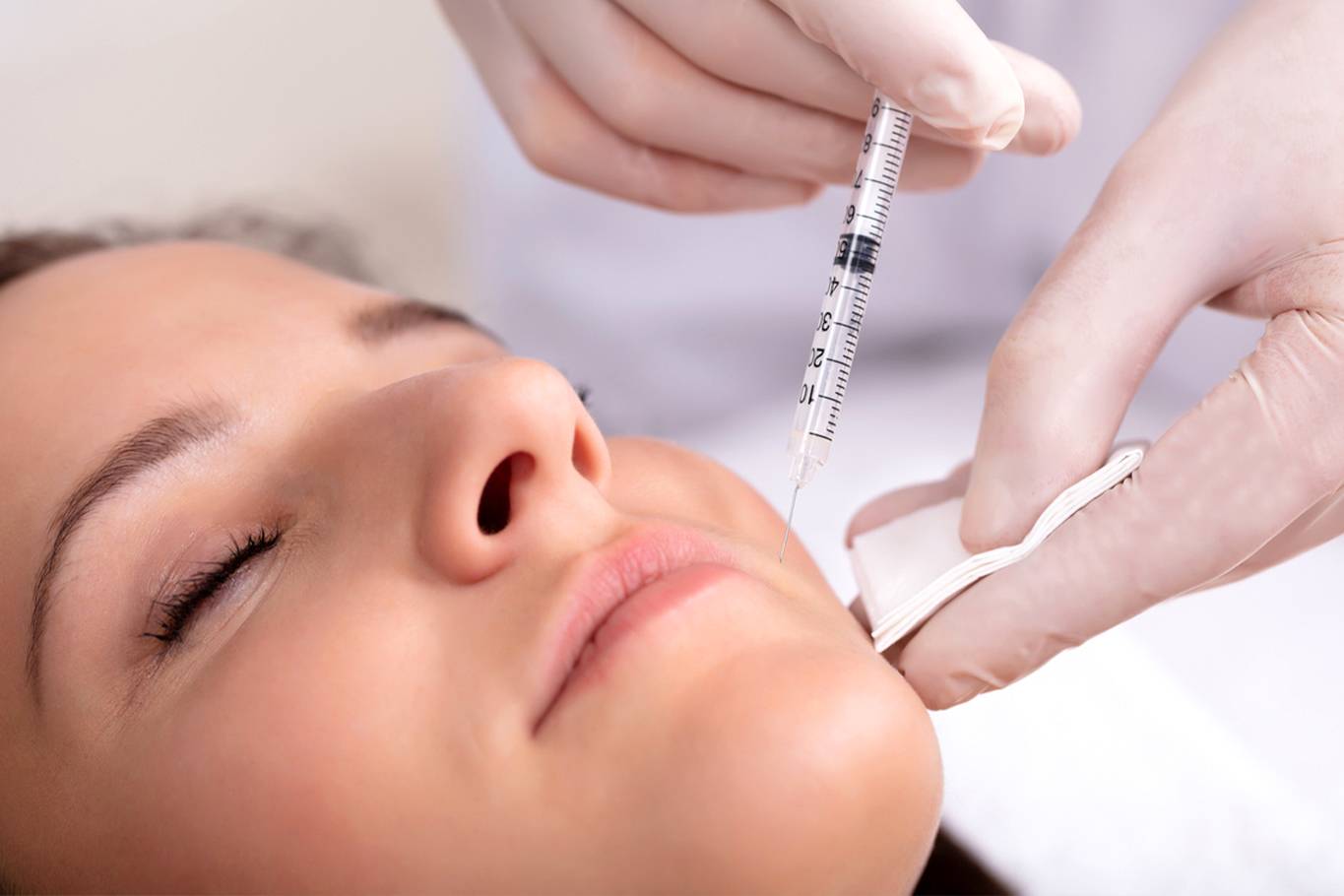Q: I’m going on a sunny holiday in a few weeks. Can I use hydroquinone in the summer – or does it make you more sensitive to the sun? What happens if I wear retinoids in the sun – can I continue my Dermatica treatment?
Bryony, 31, Manchester
A: Lucky you for escaping to the sunshine!
Prescription ingredients like retinoids and hydroquinone have garnered a bit of a reputation for being harsh in the sun. The reality though is that you can, and should, use your Dermatica treatment regularly. Yes, even while enjoying the sun in summer.
When it comes to using retinoids – whatever the season – consistency is key. This means, ideally, you don’t want to take a break from your treatment plan when the weather is warmer.
Firstly, is it safe to use tretinoin and hydroquinone in the summer?
The answer to is – for the most part – yes. When used consistently these active ingredients in your skincare will help you reach your skin goals. You therefore don’t want to take a break, as this will set you back on your skincare journey.
However active ingredients like topical retinoids can cause irritation and peeling – normal side effects – which will be made worse by sunburn of any kind.
To minimise your skin’s sensitivity to the sun while on holiday, or enjoying the sun at home, follow these simple pointers.
Protect your skin with sunscreen with at least SPF 30
Even when you’re at home, you should apply a minimum of SPF 30 to your face every day. Ideally you’ll avoid midday sun altogether, but as that’s not always possible, remember to reapply sunscreen every two hours.
When you’re on holiday and exposed to greater levels of sunlight, you should use SPF 50 on your face and wear a hat. Again, swerving the direct sun during the hottest part of the day will help avoid irritation or sunburn.
The order you apply your products also matters, so always apply sunscreen as the last step in your skincare routine in the morning.
Sun protection is the best thing you can do to prevent UV damage while getting the best results from your personalised formula.
Moisturise more
So long as your skin feels comfortable to do so, it’s fine to swim in the sea or swimming pools while using your personalised formula. Chlorine and seawater can be quite drying on the skin, so you may want to up your hydration on holiday.
Use a gentle non-drying cleanser along with a thicker, more intense moisturiser than usual if you are frequently in and out of the water.
Want to know which products our experts recommend you cleanse, moisturise or protect your skin with? Shop our range of daily skincare essentials, designed with dermatologists to care for your skin morning and night.
The sun take away
Aim to stick to your usual evening skincare routine, but be adaptable. If you get too much sun or burn lightly, you may want to reduce how often you apply your Dermatica treatment.
Three sun protection non-negotiables
1. Know whether you’re using a mineral or chemical SPF. If you’re using a chemical sunscreen, allow 20 minutes for it to sink in before you head out into the sun. Mineral sunscreens are effective immediately.
2. Be thorough. We often neglect areas of the body such as lips, hands and the tops of our ears, so make sure to apply SPF to all areas of the face and body.
3. Top up. No SPF is 100% waterproof, despite its claims. You need to regularly reapply even if you’re not swimming because sunbathing causes you to sweat, and even more regularly if you’re going for a dip.
Apply SPF consistently and properly, keep your skin thoroughly moisturised, and most importantly, remember your treatment is safe to use under the sun. And since all of our Dermatica treatments are under 100ml, you can pack them all in your hand luggage.
Got a question for our dermatology experts? Contact them via your dashboard.
New to Dermatica? Start your free online skin consultation now.
Cat Hyatt
Dr Cat Hyatt is a GP, working as Clinical Content Lead for Dermatica. She has a special interest in medical content and making healthcare information accessible and understandable for all.
Related Posts
February 22, 2023
0 Comments6 Minutes





